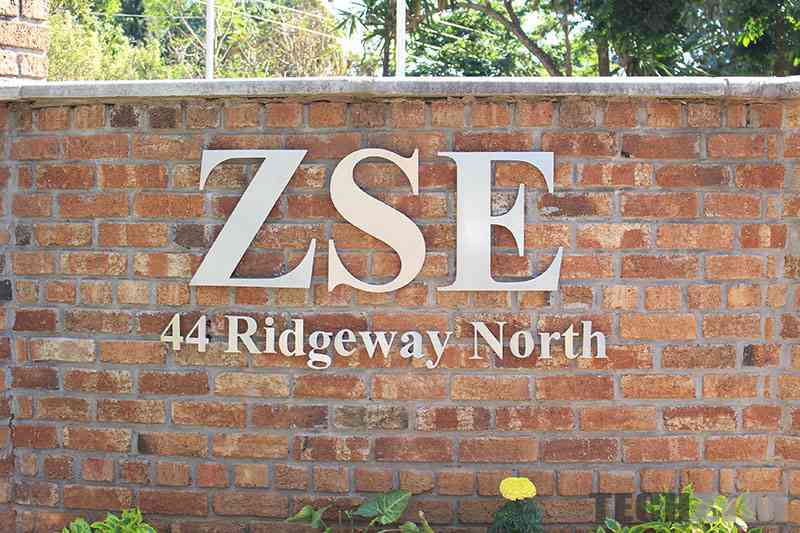
ZIMBABWE’S stockbroking industry is going through a turbulent time characterised by economic instability, liquidity constraints, and regulatory uncertainty.
Despite global projections indicating robust growth in the stockbroking sector — expected to expand by US$739,6 billion at a compound annual growth rate of 9,58% between 2023 and 2028 — Zimbabwe risks being left behind due to persistent structural challenges.
The Stockbrokers Association of Zimbabwe (SAZ) has blamed hyperinflation, currency fluctuations, low liquidity, and policy inconsistencies as major impediments to the development of the market.
The introduction of Zimbabwe Gold (ZiG) as the new currency has failed to restore confidence, with investors preferring US dollar-denominated assets due to previous currency failures.
The formal market has also been dampened by the withdrawal of ZiG liquidity, while the Victoria Falls Stock Exchange (VFEX), established to tap into foreign investment, is struggling with low participation, SAZ noted. Investors are instead choosing to invest in other assets such as short term fixed income securities, property, commodities, and forex generating projects. Informal forex traders and offshore platforms also draw funds from the formal markets, exacerbating liquidity shortages.
Successive amendments to tax legislation, capital controls, and erratic monetary policy have created an uncertain investment climate. With US dollar liquidity biased towards less regulated channels, markets like VFEX have suffered. For the sector to thrive, monetary and fiscal authorities must address liquidity constraints, stabilise ZiG, and ensure consistent policies.
Strengthening market surveillance, improving risk assessment mechanisms, and incentivising foreign participation are crucial steps.
Without these reforms, Zimbabwe’s stockbroking industry will continue to underperform, missing out on the global growth trajectory projected for the sector.
- Mavhunga puts DeMbare into Chibuku quarterfinals
- Bulls to charge into Zimbabwe gold stocks
- Ndiraya concerned as goals dry up
- Letters: How solar power is transforming African farms
Keep Reading
The sector's underperformance is in stark contrast to regional peers such as South Africa and Kenya, where stable currencies and consistent regulations have promoted active capital markets. Zimbabwe's unique situation demands extraordinary solutions.
The government must realise that a well-functioning stock exchange network is not just a matter of capital mobilisation for companies.
It is a premier economic barometer. If confidence is lost in the formal equity market by investors, then capital flees to informal havens and offshore locations, depriving the economy of productive investments it sorely requires.
Without restoring credibility in the financial markets, Zimbabwe risks being permanently excluded from international capital flows at a time when emerging markets elsewhere are experiencing record investment.
The solution lies not in more regulation, but in consistent, market-driven policies that align Zimbabwe's financial sector with international best practice.






